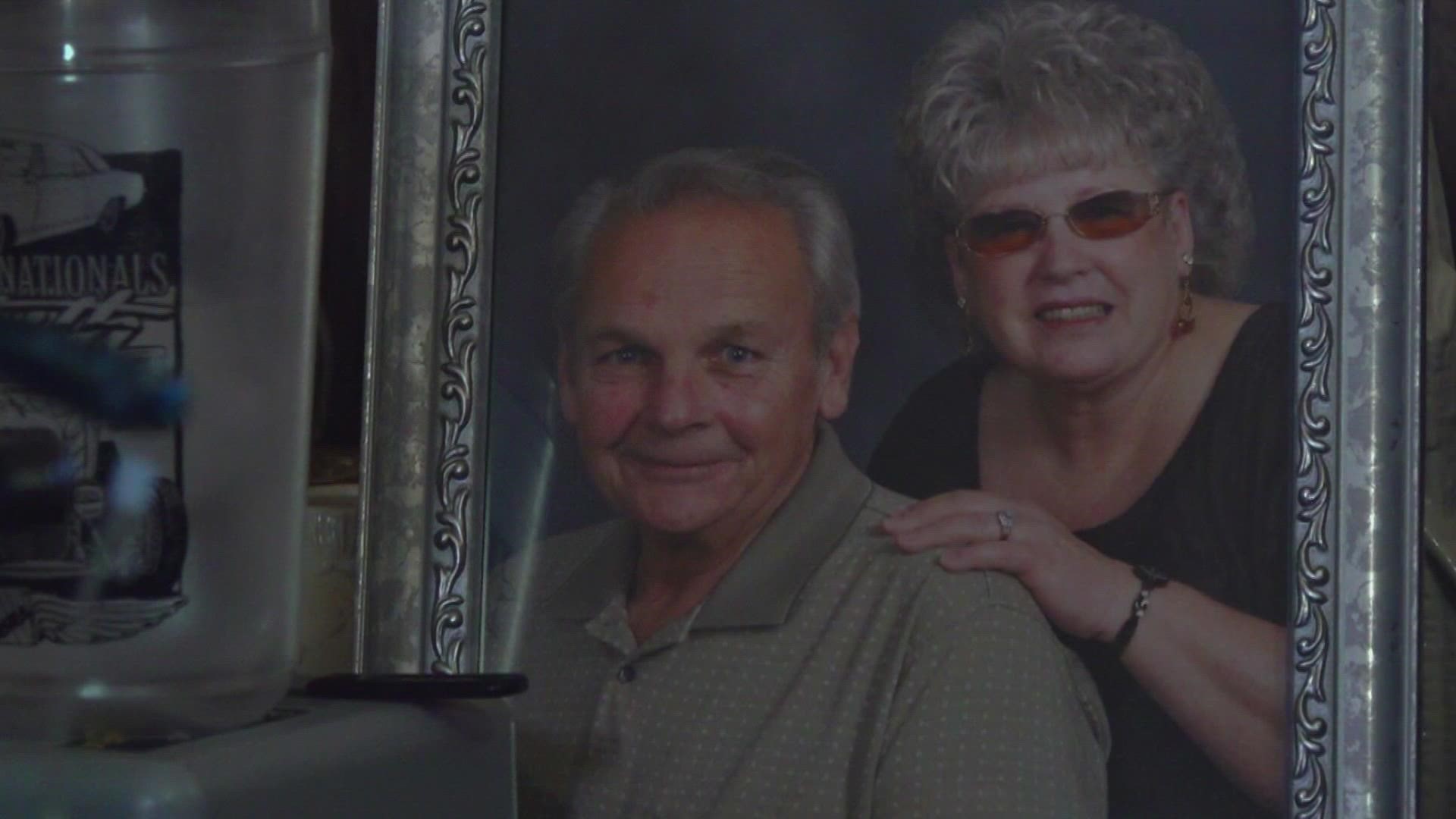NEW MARKET, Tenn. — More than a year after his wife's death, Larry Trent has several thousands of dollars in medical bills, still outstanding.
Larry and Jewell were married for 49 years, a month shy of 50 years. In September 2021, both Larry and Jewell tested positive for COVID-19.
"The shots didn't work on her because she had kidney disease," Larry said.
Jewell died in September 2021. Now, Larry has piles of medical bills from her final hospital stay. Under Tennessee law, he's responsible for them, says bankruptcy attorney Bill Maddox.
"You are not responsible for any other generation's debts," Maddox said.
That means in Tennessee, you are not responsible for your parents' debts, your grandparents' debts, or your spouse's debt — with one exception. Spouses are responsible for paying medical bills for each other, according to Maddox.
"The one exception is medical bills for your spouse," he said. "It's called the Doctrine of Necessaries."
That court precedent said a spouse is responsible for their spouse's necessary expenses, including medical bills.
"Only medical bills survive a death," Maddox said.
Maddox recommends people check their credit if their spouse dies, to get a full picture of what they owed and what they are responsible for.
"I wouldn't martial your resources just to pay one medical bill only to have four or five more pop up six months from now," Maddox said.
Larry Trent said he is working with Jewell's insurance company to see if they will pay the medical bills. In the meantime, he said, he'd like to remember the life the two of them lived while together.
"We had a good life there," Trent said.
WBIR is looking into how hospitals bill their patients. Hospitals in Tennessee are required to publish a list of standard charges for items and services they provide.
Patients can report surprises in their medical bills. Sometimes they’re from errors the hospitals make: a procedure that should’ve been preauthorized but isn’t, the hospital billed the wrong code or they incorrectly classified a procedure.
If you get a bill and see something wrong, contact the hospitals and the insurance company. If they don’t help solve your problem — contact us at: iteam@wbir.com, to see if we can help.
The Tennessee Department of Commerce and Insurance offers mediation, regulates insurance and can take action when they discover situations unfair to consumers. To file a complaint, they ask you to visit their website or call 1-800-342-4029.

